Phan Chau Trinh was a man of natural eloquence. His “tongue” became a more effective weapon than “swords and guns”. He used this advantage in the struggle for national independence and progress.
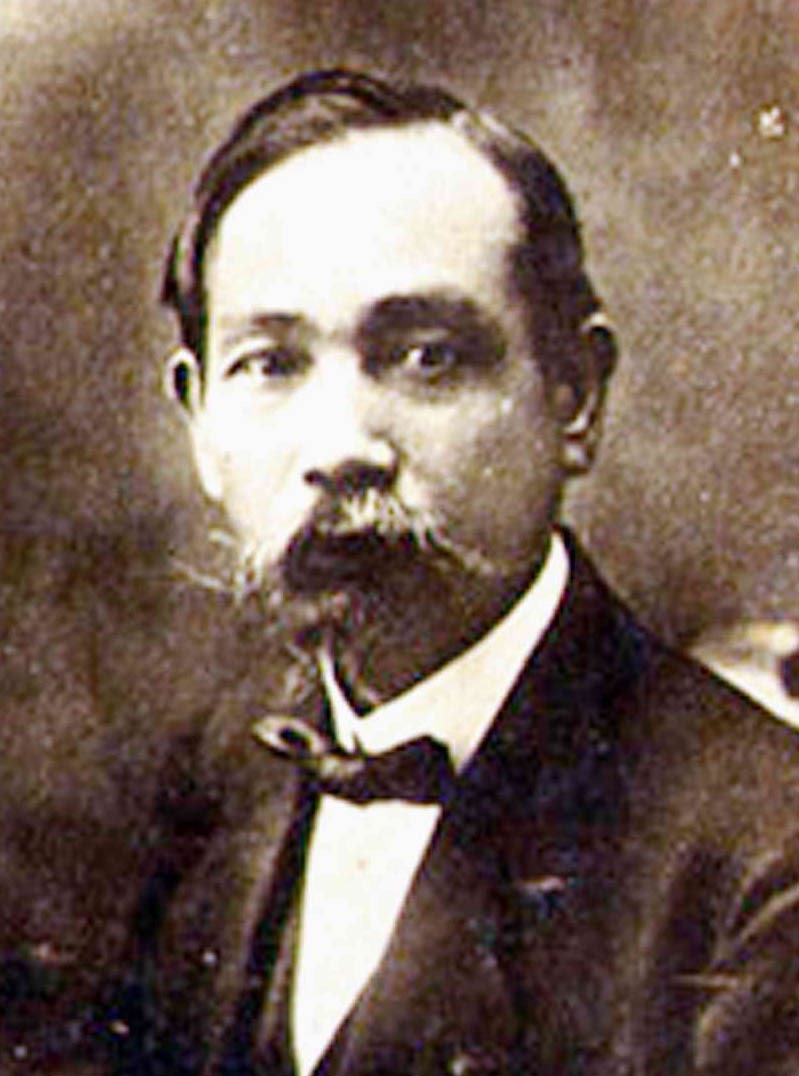
Natural eloquence
Thanks to his eloquence, Phan Chau Trinh once "silenced" "important" figures such as the Tran Censor in Hue, the Governor General Vuong Duy Trinh of Quang Nam or the Governor of Tonkin when they used their power to refute him. Phan Chau Trinh demonstrated his eloquence in all activities of daily life to mobilizing the masses to fight for independence, freedom and progress for the nation.
In his work Phan Tay Ho History (Anh Minh Publishing House, Hue , 1959), Huynh Thuc Khang recounted many historical anecdotes showing Phan Chau Trinh's innate eloquence, which he used from managing his family to bringing peace to the world. The following three short stories illustrate this:
- "The family has a concubine, who often quarrels with her sister-in-law, and the two sides do not agree with each other. After receiving a word from the gentleman, they immediately agreed with each other as if nothing happened."
- “The habit of solving people's troubles is like the habit of the scholars of the Warring States period: If brothers have any troubles that they cannot resolve, the master will come and say a word and it will be settled immediately. Many times, people have argued for hundreds of thousands of sentences but still cannot get it clear, so they will invite the master. When they arrive at a new place, the reason and human relations are clear, so women and children all understand and like to listen.”
- “The gentleman likes to read novels such as Liao Zhai, Thuy Hu, Hai Dac, Tay Du, Ky Quan Tinh Su (all old novels) to new novels, many of which he knows by heart and retells very well. The same story when told makes people feel sleepy and don't want to listen at all. When the gentleman tells it, it has a beginning, an end, layers, and is interesting, everyone likes to listen like watching a good play. Therefore, everyone from the scholars to the cooks and rickshaw drivers consider him a fun storyteller.” (Page 40).
Not only in daily life, in mobilizing the masses, Phan Chau Trinh also always used his eloquence to "persuade" such as "persuading" the Governor in Ninh Thuan , the District Chief in Phu Cat in Binh Dinh and the retired Governor in Quang Ngai to support his policy when returning from the Southern tour in 1905 or "provoking" the French Priest in Phuoc Kieu to introduce him to the Consul of Quang Nam (Huynh Thuc Khang told in the works Phan Tay Ho Tien Sinh Dat Su and Nguyen Van Xuan told in Phong Trao Duy Tan).
Phan Chau Trinh's eloquence is most clearly demonstrated in his political works such as Dau Phap Chinh Quyen Thu, Thu That Dieu, Trung Ky Dan Bien Thi Mat Ky, Tan Viet Nam... These are works in which he presents new, unique ideas with a vision beyond the times, written in a sharp, clear, concise style that is strangely easy to understand.
Perhaps his eloquence was most clearly demonstrated through two speeches in Saigon at the end of his life: Monarchy and Democracy, Ethics and Morality of East and West. Through these two speeches, his eloquence was highly demonstrated in both written and spoken forms. These were two essays presented with “a burning heart” with “tight, logical arguments, concrete and authentic evidence; a strong and eloquent tone; expressing a clear mind and sharp thinking”.
Discussing these two lectures, Dr. Nguyen Xuan Xanh commented: “He gave lectures very pedagogically and with profound understanding... Phan Chau Trinh was probably the first person to apply the art of public speaking in Vietnam. His speeches were very eloquent, modern, and very convincing. In this respect, Phan Chau Trinh was the Fukuzawa Yukichi of Vietnam. He was an enlightener, an ideological revolutionary, and a teacher of modern Vietnam” (Phan Chau Trinh and his political works, Tre Publishing House, 2022).
The Orator's Tongue
Phan Chau Trinh's way of fighting was non-violent, so his most important methods were "mobilization", "education" and "persuasion" to both the Vietnamese people and the French authorities. "Phan Chau Trinh was a reformer with a profound view of the path to modernizing the country to create national strength, not just by a simple military solution, nor relying on temporary external forces" (Nguyen Xuan Xanh). He always exploited his "eloquence" which he called "the tongue". At least twice he talked about his "tongue".
The first time was in 1906. In this year, Phan Chau Trinh crossed the sea to Japan to “witness” Japan’s reform movement. When saying goodbye to Phan Boi Chau, he said: “Looking at the intelligence of the Japanese people and then comparing it with ours is like comparing a baby chicken with an old hawk. Now that you are here, you should concentrate on your literary work, awakening your compatriots so they don’t become deaf and blind, and as for the work of development and guidance in our country, I will take over. As long as my tongue is still there, the French can’t do anything to me.”
The second time was in 1908. After returning from Japan, Phan Chau Trinh wrote a letter to the French government to the Governor General of Indochina. The letter made the mandarins hate him. In 1908, after the tax resistance movement, many scholars were arrested. Phan Chau Trinh was the first person arrested in Hanoi and taken to Hue to be imprisoned in Ho Thanh. At the trial council, he fought fiercely, arguing against the court's verdict.
While in prison, he did not know that he was sentenced to “beheading later” (leaving to be beheaded later) and exiled to Con Dao. A few days later, a captain and two soldiers entered the prison, examined the shackles, handcuffs, and led him to the prison door. He was sure that he was being led to be beheaded. According to the custom, prisoners with serious crimes were usually led out the north gate to the An Hoa execution ground. This time, he saw that he was being led out the south gate (Thuong Tu). When he asked, the captain replied that he was being exiled to Con Lon. He composed the poem Xuat do mon:
The iron gate opens to the public.
The heroic and tragic song remains the same.
The country is in turmoil and the people are in misery.
Men do not punish Kunlun.
(Heavy shackles, out of the city gate
Singing sadly, tongue still intact.
The country is submerged, the people are emaciated.
What is a man afraid of in Kunlun?
As long as there is a tongue, there is still room for speech, and there is still a chance for non-violent struggle!
In 1926, when Phan Chau Trinh passed away, Phan Boi Chau praised Phan Chau Trinh's eloquence in his eulogy using the image of "the tongue":
“… Three inches of tongue, sword and gun, the tyrant looks at the wind with fear;
A feather that beats like a drum and a gong, the door of democracy lights the lamp even brighter...
Good before and even better after, the republic sign please try your best to follow the demand;
The dead are sacred, but the living must be more sacred. The ladder of independence is determined to reach out and grab hold of it.
Source


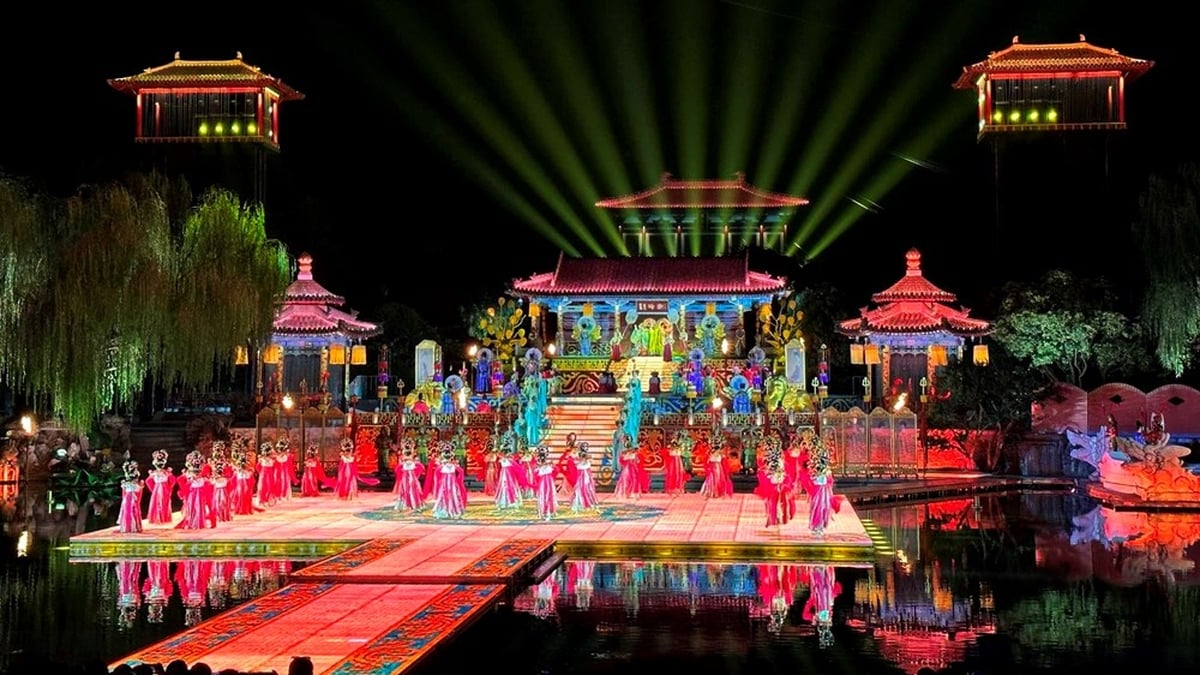
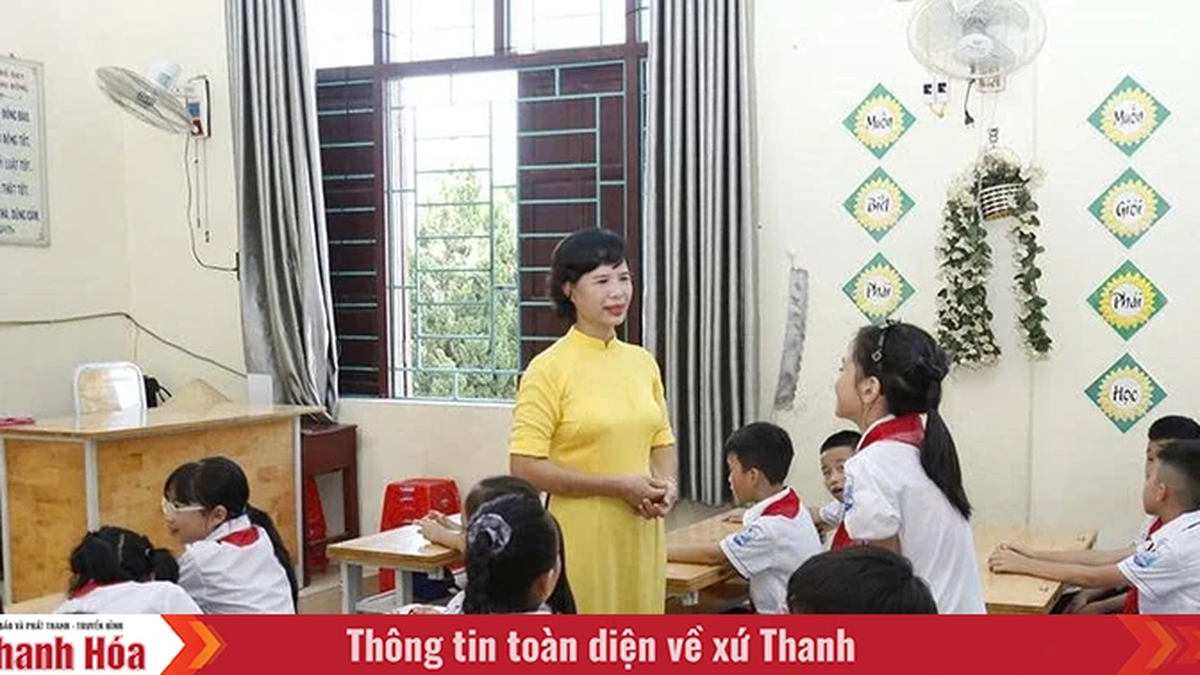
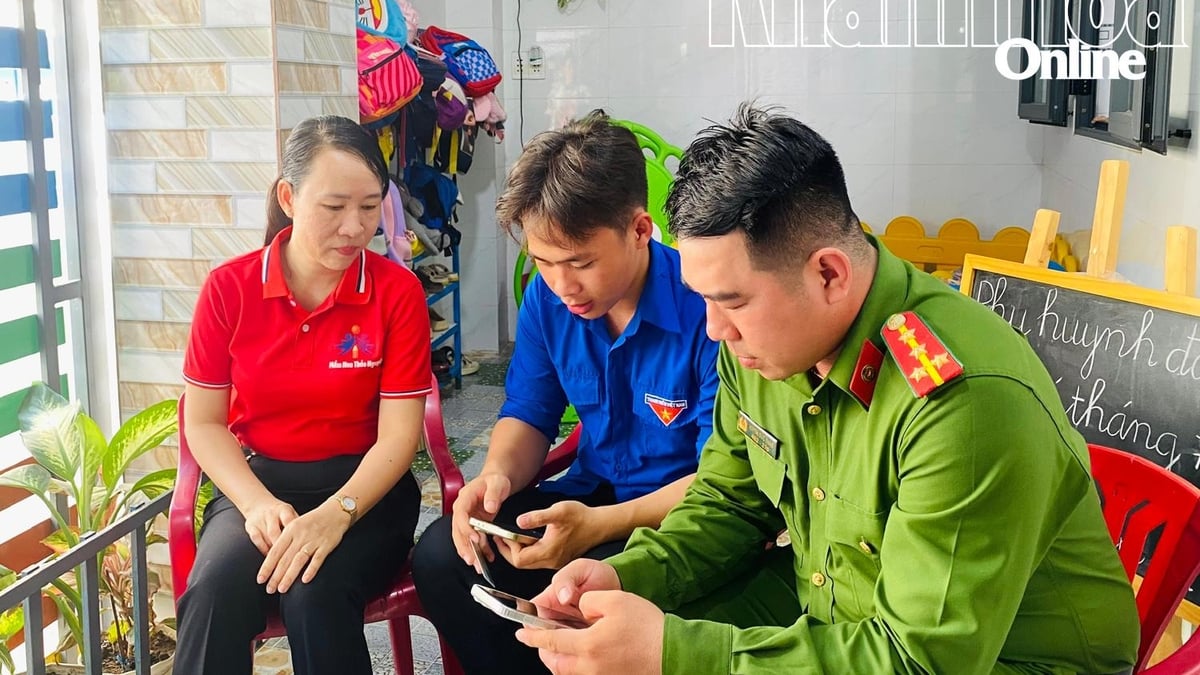
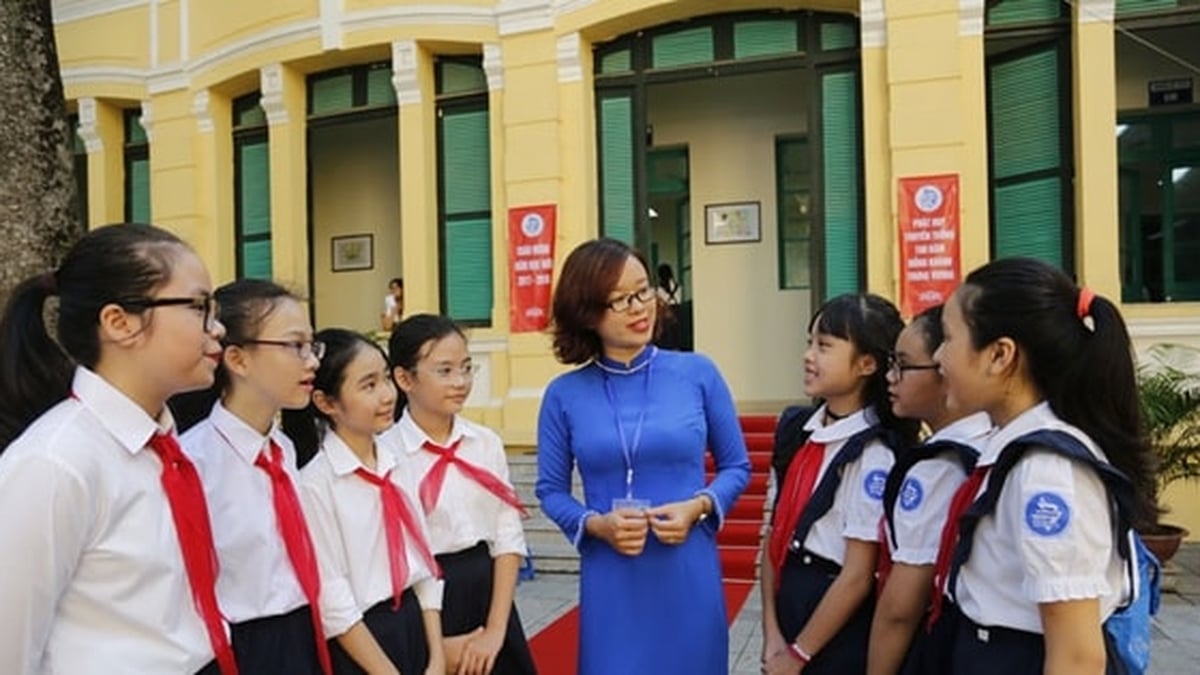

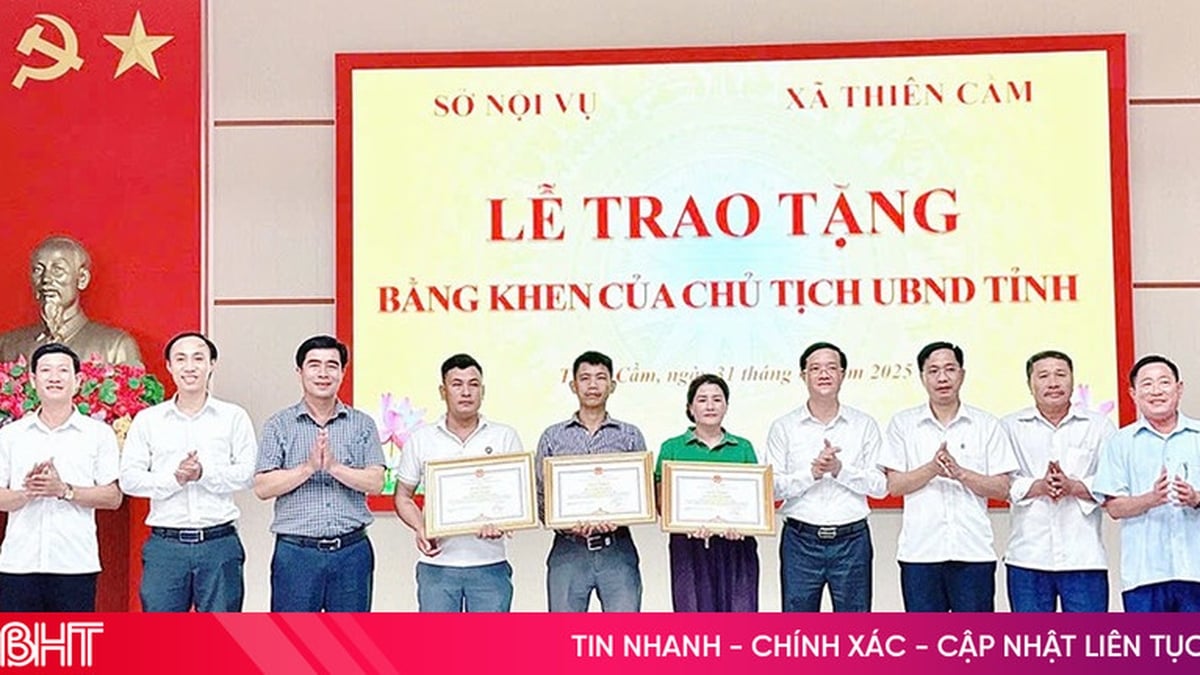
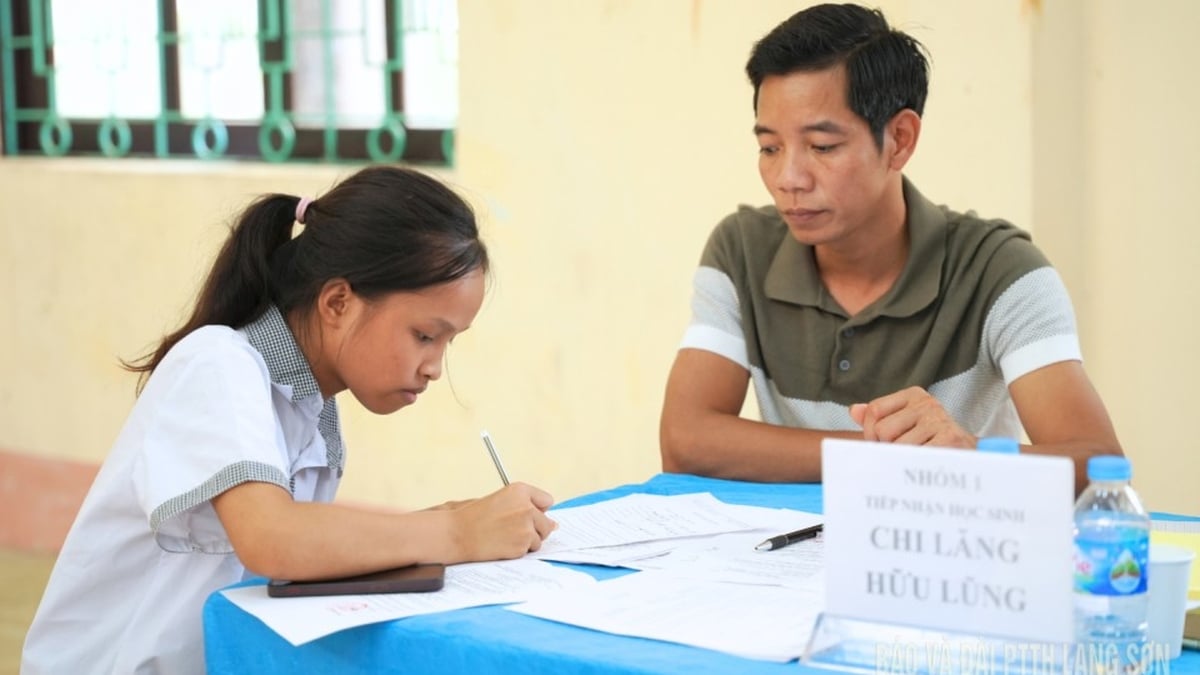
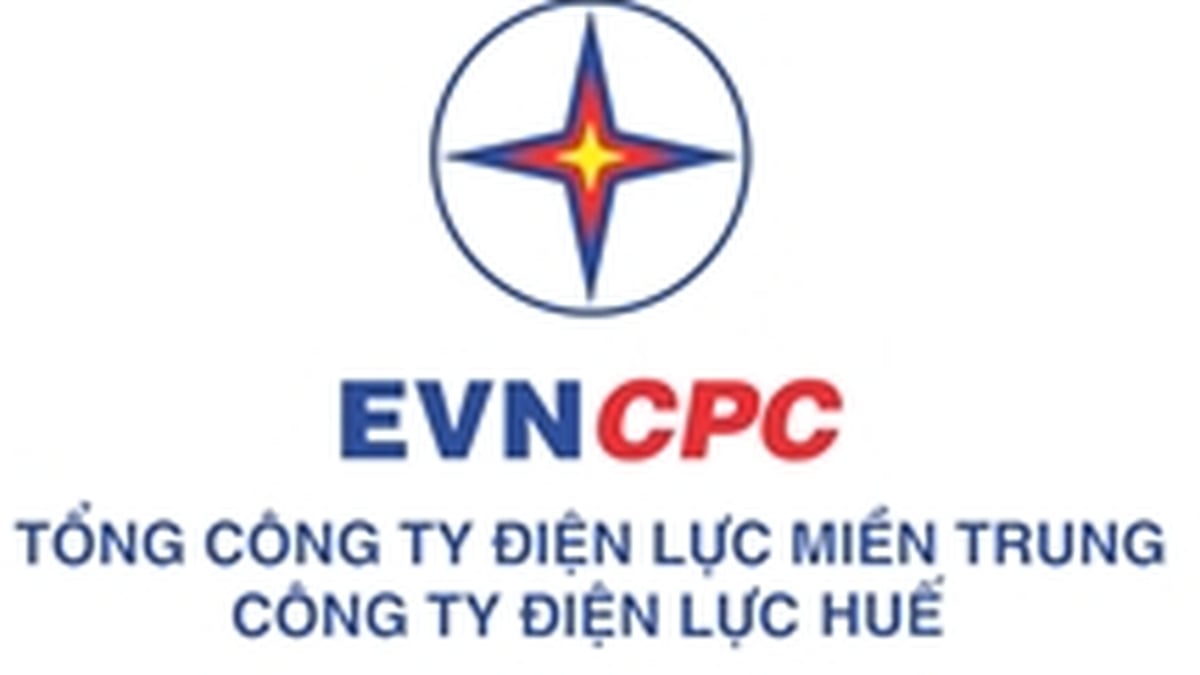
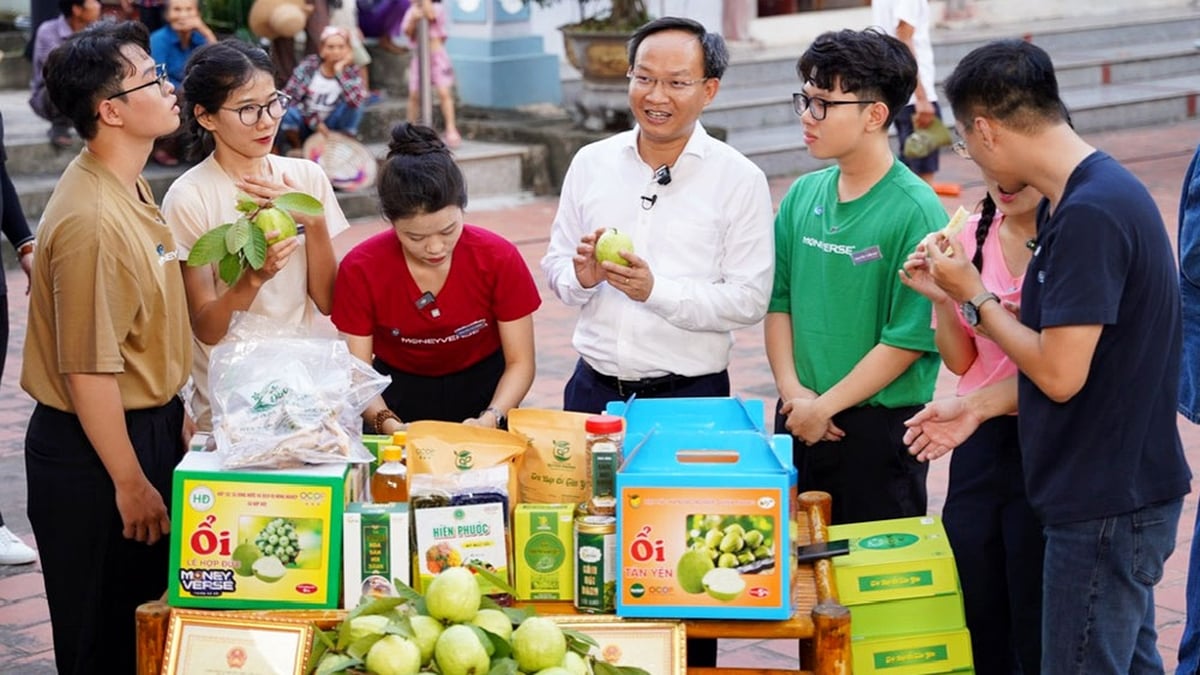
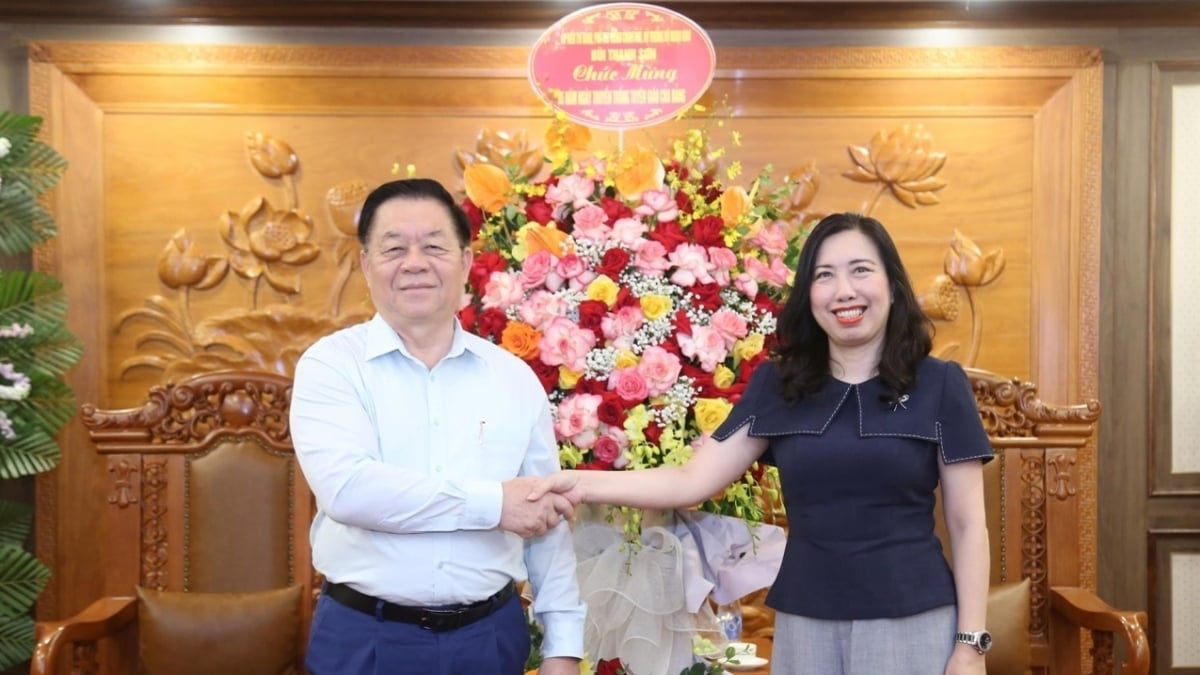



































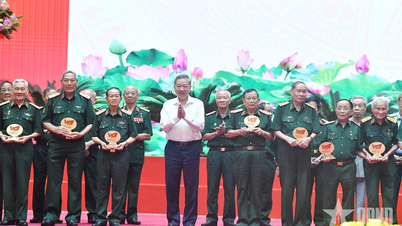



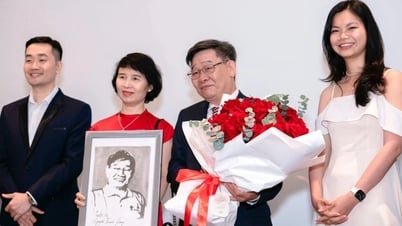
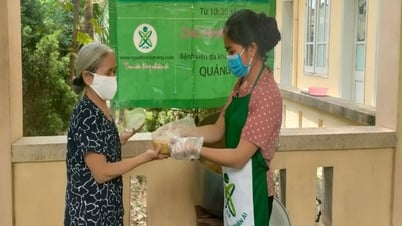





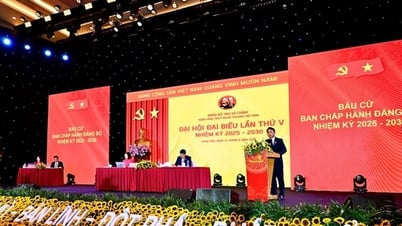



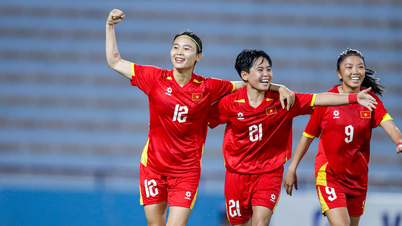


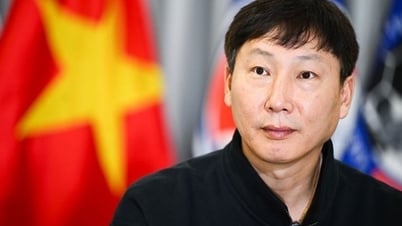


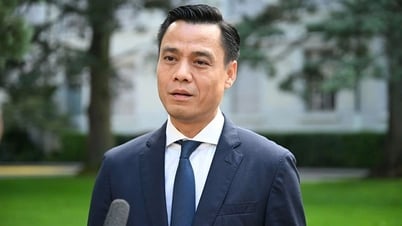
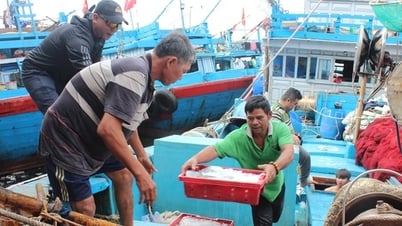

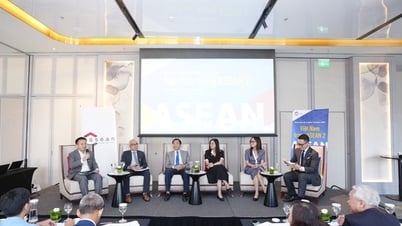

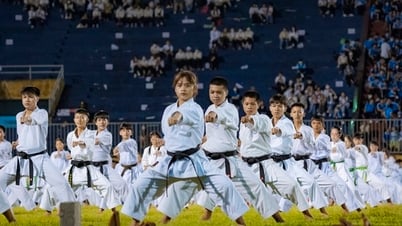
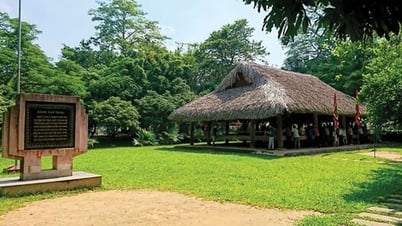


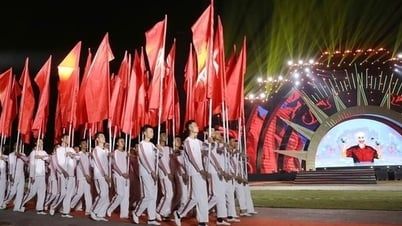








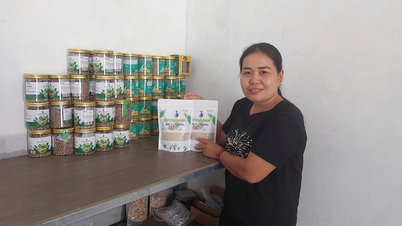












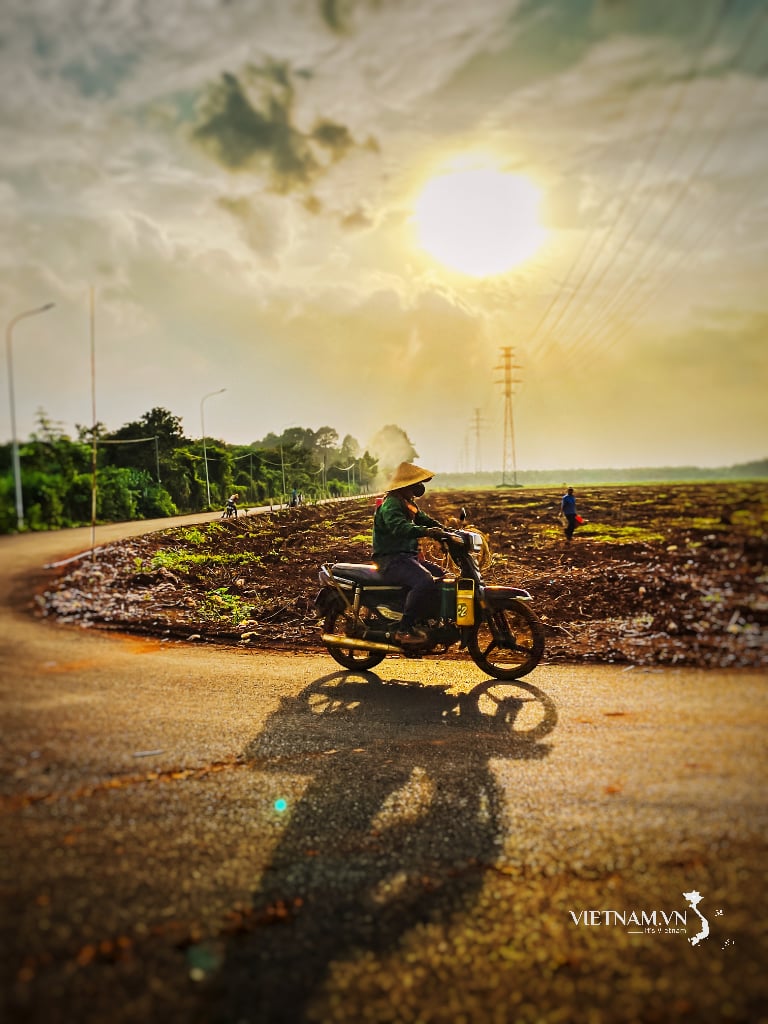

Comment (0)